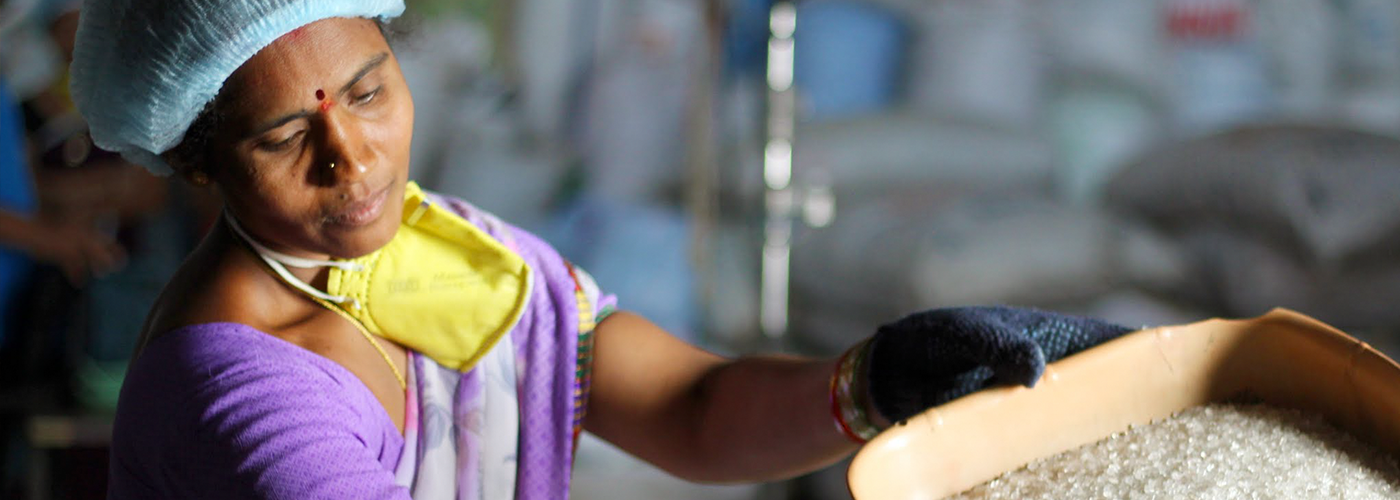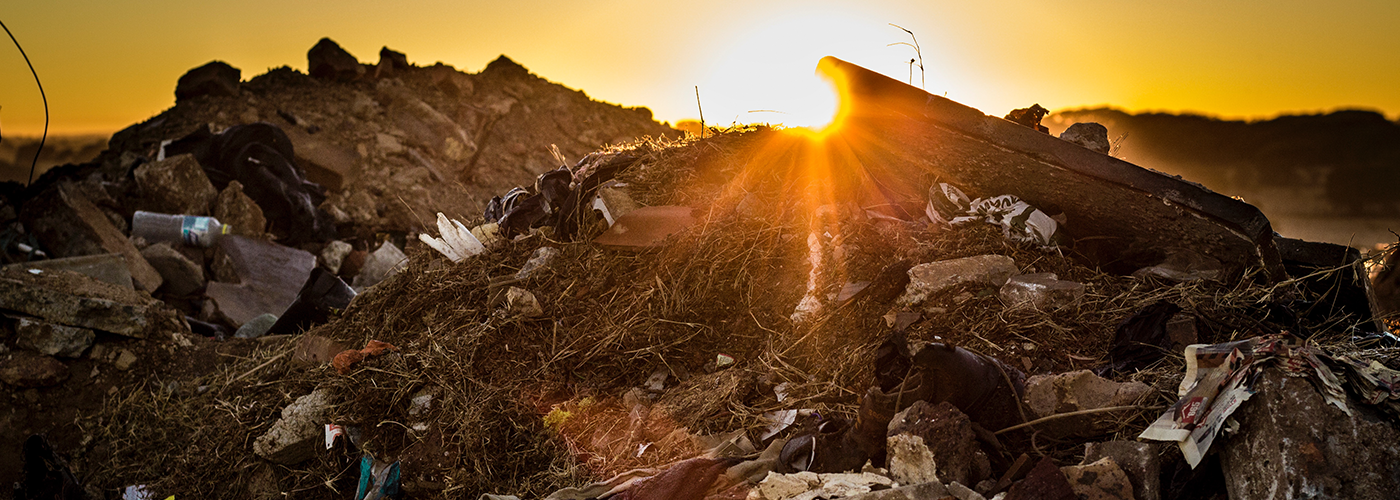 anyan Nation is changing the way India recycles and thinks about waste management and sustainability by focusing on plastic. Currently, the quality of plastic recyclate is very poor. An award-winning company, Banyan Nation is building one of India’s first vertically integrated, formal recycling businesses by leveraging simple mobile technology applications. They aggregate informal sector collectors and innovative plastics recycling technology to create “Better Plastic” – good for the industry, society, and environment.
anyan Nation is changing the way India recycles and thinks about waste management and sustainability by focusing on plastic. Currently, the quality of plastic recyclate is very poor. An award-winning company, Banyan Nation is building one of India’s first vertically integrated, formal recycling businesses by leveraging simple mobile technology applications. They aggregate informal sector collectors and innovative plastics recycling technology to create “Better Plastic” – good for the industry, society, and environment.
To date, Banyan has recycled over 500 tons of plastic, reduced over 750 tons of CO2, and diverted over 1000 tons of plastic from landfill. Co-founder and CEO, Mani Vajipey, discusses wanting to solve real world problems
What inspired you to start this company?
I was born and raised in India but spent a major part of my adult life in the United States. I was working at the forefront of mobile technology and contributing to the development of next generation gadgets. However, deep inside I always wanted to solve real world problems – ones that plagued our society, particularly in developing countries like India.
India urbanized at a break neck speed, but the fundamental infrastructure needed to support the growth lagged far behind. While India is aspiring for greatness, there are huge concerns around providing basic services affecting every citizen’s quality of life, such as access to clean water, fresh air, basic sanitation and more.
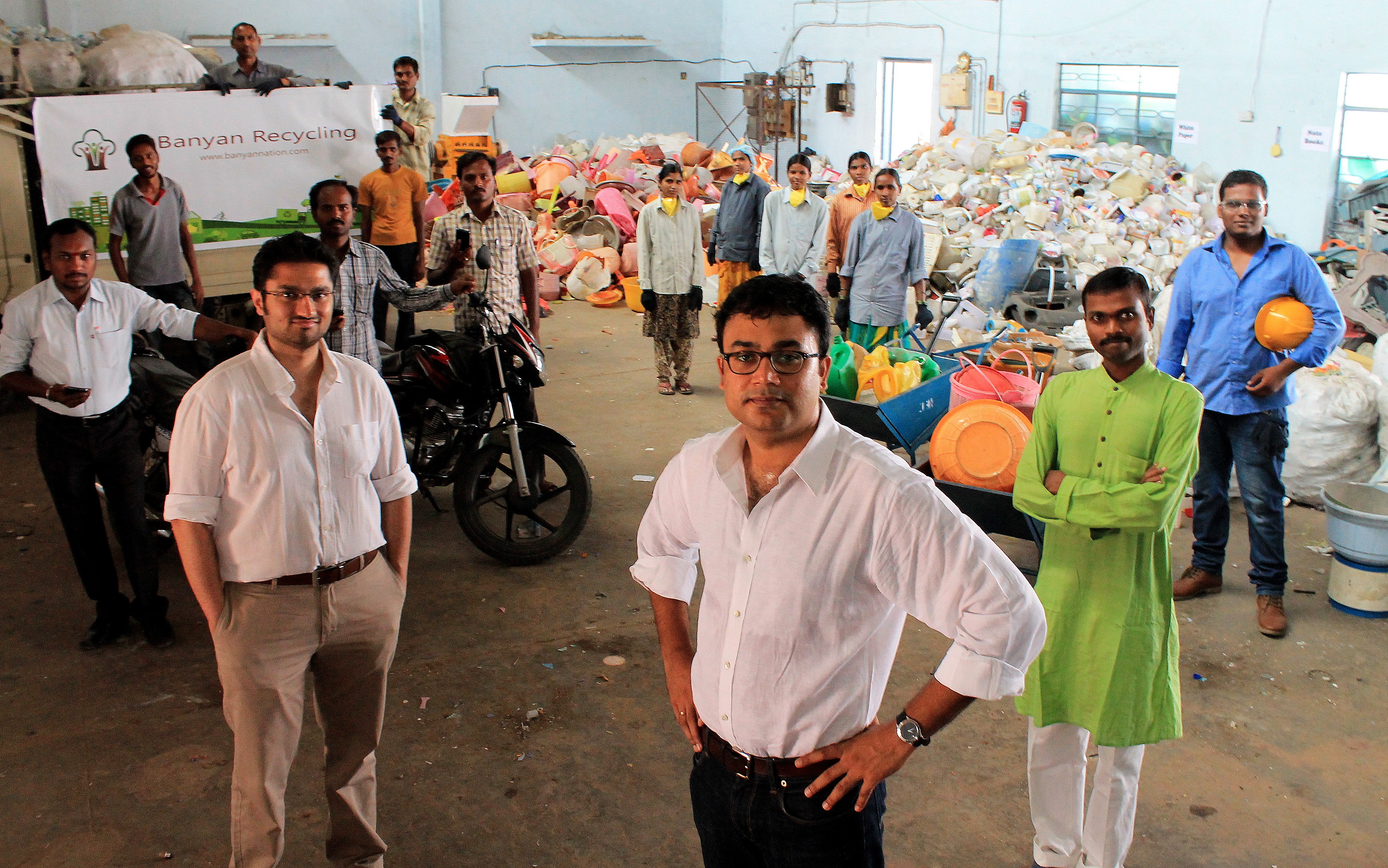
I traveled extensively in India between 2009-2011 to understand the issues at the grassroots level. During one of my travels, the filth and squalor in the country deeply disturbed me. Cities were ill equipped to manage the massive amounts of waste being generated in the country. No structures were in place, and recycling activities were conveniently left to the poor and marginalized. To build sustainable cities of the future, such important services cannot be left to the mercy of the informal sector.
I decided to do something about it. I was driven to build an organization that would fundamentally transform the way India saw recycling and waste management.
Why is your solution unique?
India is a massive country, and waste management is perhaps the biggest crisis the country is facing today. The waste ecosystem in India is complex and consists of stakeholders with conflicting interests. Municipalities don’t really have the technical know how and the vision required to solve the crisis. While it appears that the informal sector recycling industry repurposes millions of tons of materials and provides employment to hundreds of thousands at the bottom of the pyramid, the activities come at a huge cost to the society and the environment.
There is no silver bullet to the waste problem in India. The solution has to be a combination of technology and business innovations across the entire value chain.
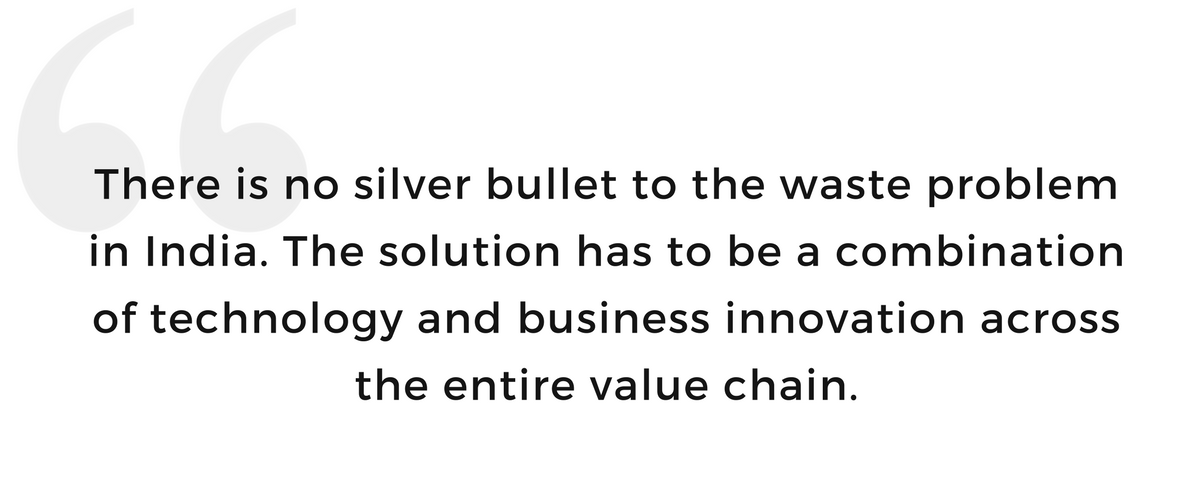 Banyan’s scientific rigor in polymer engineering in the backend allows it to produce the best possible recycled granules from waste plastic. We are one of the first companies in India to develop closed loop solutions working with one of India’s top automotive companies on bumper-to-bumper recycling and with a global consumer brand on bottle-to-bottle recycling.
Banyan’s scientific rigor in polymer engineering in the backend allows it to produce the best possible recycled granules from waste plastic. We are one of the first companies in India to develop closed loop solutions working with one of India’s top automotive companies on bumper-to-bumper recycling and with a global consumer brand on bottle-to-bottle recycling.
The combination of front-end software to integrate a fragmented supply chain and polymer science in the backend to produce the best quality recycled materials, Banyan’s ethical business practices and social responsibility make us one of India’s most innovative and promising recycling startups.
What has been your company’s proudest moment been to date?
During our short journey, Banyan has been able to innovate across the value chain. We have had a few important moments along the way. First, we have integrated 1,500 stationary recyclers into the supply chain and won the South Asia mBillionth Award. We have also been able to contribute to the well being of our women workers and provide them with gainful employment and respectful work conditions. We’ve helped the city of Warangal cut costs in Waste Management, winning the Intel – DST award for digital innovation through our smart waste IoT platform. And lastly as mentioned, we pioneered a bumper-to-bumper recycling initiative with one of India’s top automotive manufacturers.
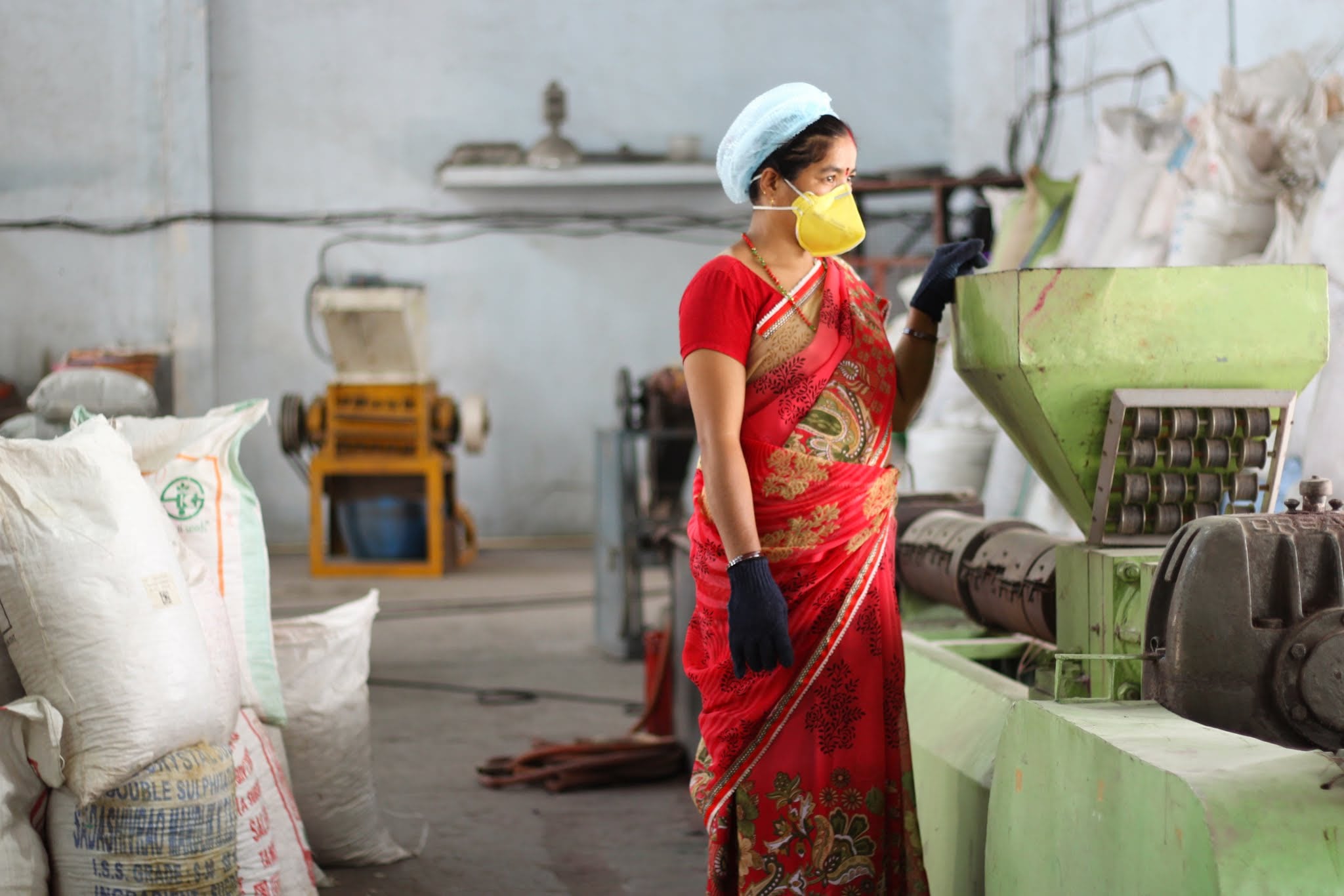
What do you hope the world will look like as a result of your work?
Our goal is to reverse the adverse impact of improper waste management in India. Our current focus is on building structures around recovery and recycling of plastic waste. In the next five years, our aim is to build an organization that can transform over 25 million pounds of plastic per annum into high quality raw materials for sustainable reuse. Additionally, we would like to accomplish the following:
- Bring recycling to the national consciousness by partnering with brands who make products form recycled plastic.
- Contribute to the formalization of the recycling value chain by integrating the informal workers with formal recyclers.
- Improve working conditions for workers in the plastic recycling industry.
Through our work, we hope to inspire citizens, corporations, producers, and consumers to embrace a culture of sustainable material recovery, reuse and recycling while offering due respect to the environment and workers involved in the industry.
This company participated in Unreasonable Impact created with Barclays, the world’s first multi-year partnership focused on scaling up entrepreneurial solutions that will help employ thousands while solving some of our most pressing societal challenges.


